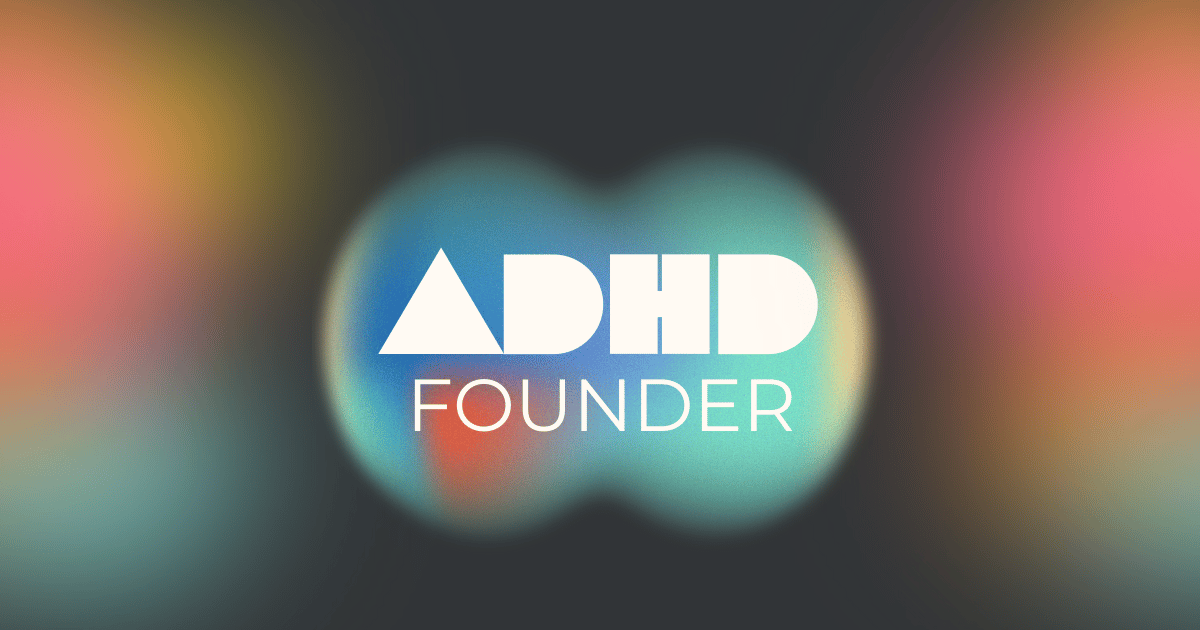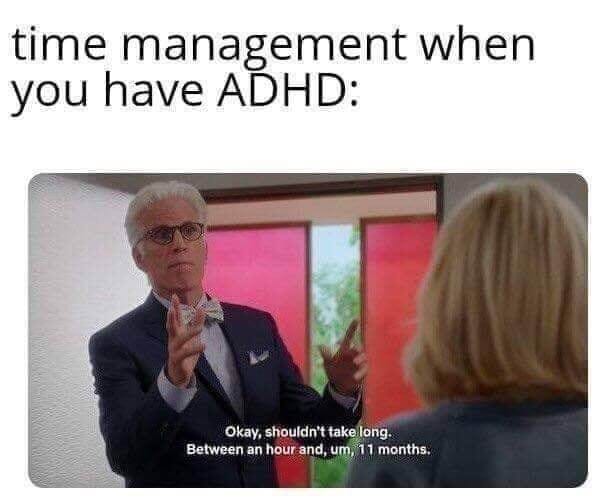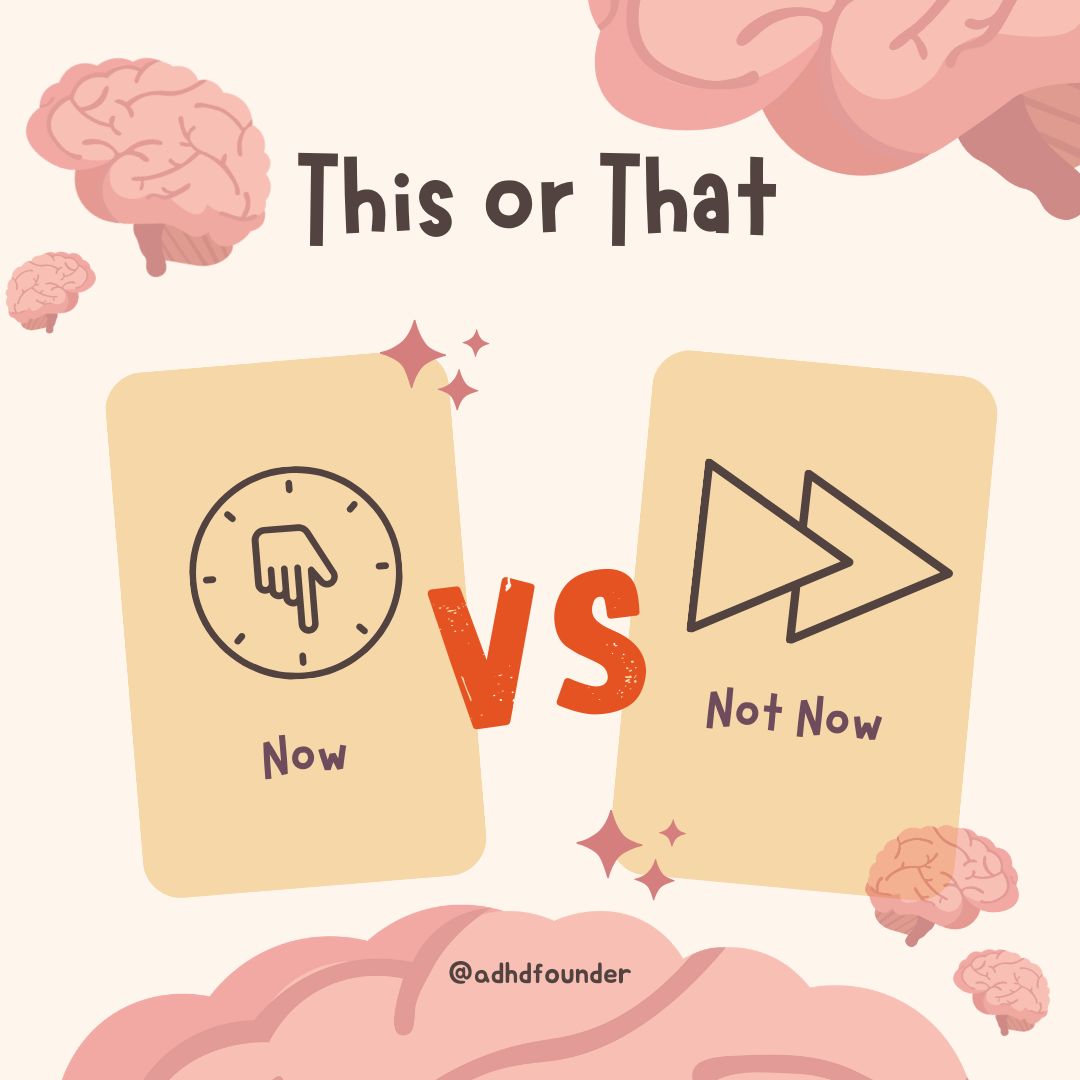- ADHDfounder
- Posts
- Time is fake, and my ADHD knows it
Time is fake, and my ADHD knows it
The ADHD brain vs. the concept of time

Welcome back to ADHDfounder! At some point in my life, I had to accept a hard truth: time isn’t real… At least, not to my ADHD brain. Other people seem to move through life with a built-in clock, sensing when an hour has passed or instinctively knowing how long it takes to get ready.
Meanwhile, I blink and suddenly it’s 3 p.m. Turns out, time blindness isn’t just a quirky ADHD trait—it’s a fundamental way our brains perceive the world.
[Side note: I may not know what day it is, but I do know the 5-Day Dopamine Hacking Challenge starts March 24 😉]
Mark Your Calendar: The 5-Day Dopamine Hacking Challenge Kicks Off Soon!
Starting March 24, 2025, join me for the 5-Day Dopamine Hacking Challenge—a science-backed system designed to help you:
🎯 Achieve consistent focus—even with ADHD.
⚡ Train your brain to work with you, not against you.
🔥 Break free from distractions and finally stay productive.
Stop relying on willpower—there’s a better way.
🚨 Early bird pricing is LIVE! Secure your spot before prices go up.


Making time feel REAL

Via Deepwrk
Since time doesn’t naturally exist in my head, I’ve had to force it into reality.
And because this is an ~existential~ issue for folks with ADHD, I’ve tripled the brain fuel for this week! Here are some tricks that actually work:
Visual timers – Watching time physically shrink makes it feel real. The Time Timer app or an old-school hourglass works wonders.
Time blocking backwards – Instead of guessing how long something takes, I set an alarm for when I need to stop and work backward from there.
The “One Song” Rule – Need to leave in 5 minutes? That’s roughly one song. Giving time a sensory anchor makes it easier to grasp.


Why time feels differently for us

Research shows that ADHDers don’t just mismanage time—we perceive it differently.
The Now vs. Not Now Problem – Instead of experiencing time as a continuous flow, ADHD brains divide it into two categories: now and everything else. This is why deadlines sneak up on us and why we underestimate how long things take.
Distorted time perception – Studies suggest ADHDers often struggle with time estimation and time reproduction, meaning even if we try to measure time, our brain's internal clock is just… off.
The dopamine factor – We judge time based on interest level, not actual minutes. Boring tasks stretch endlessly, while hyperfocus collapses hours into seconds.
Bottom line? ADHD makes time feel elastic, which means managing it requires external tools, not just sheer willpower.

That’s a wrap! You can’t control time, but you can learn to see it. The trick is making it visible in ways your ADHD brain actually registers. Got any time hacks that work for you? Hit reply—I’d love to steal them.
Made it this far? Here’s your small win for today: 🏆
—Eugene (ADHDfounder) ✨
